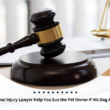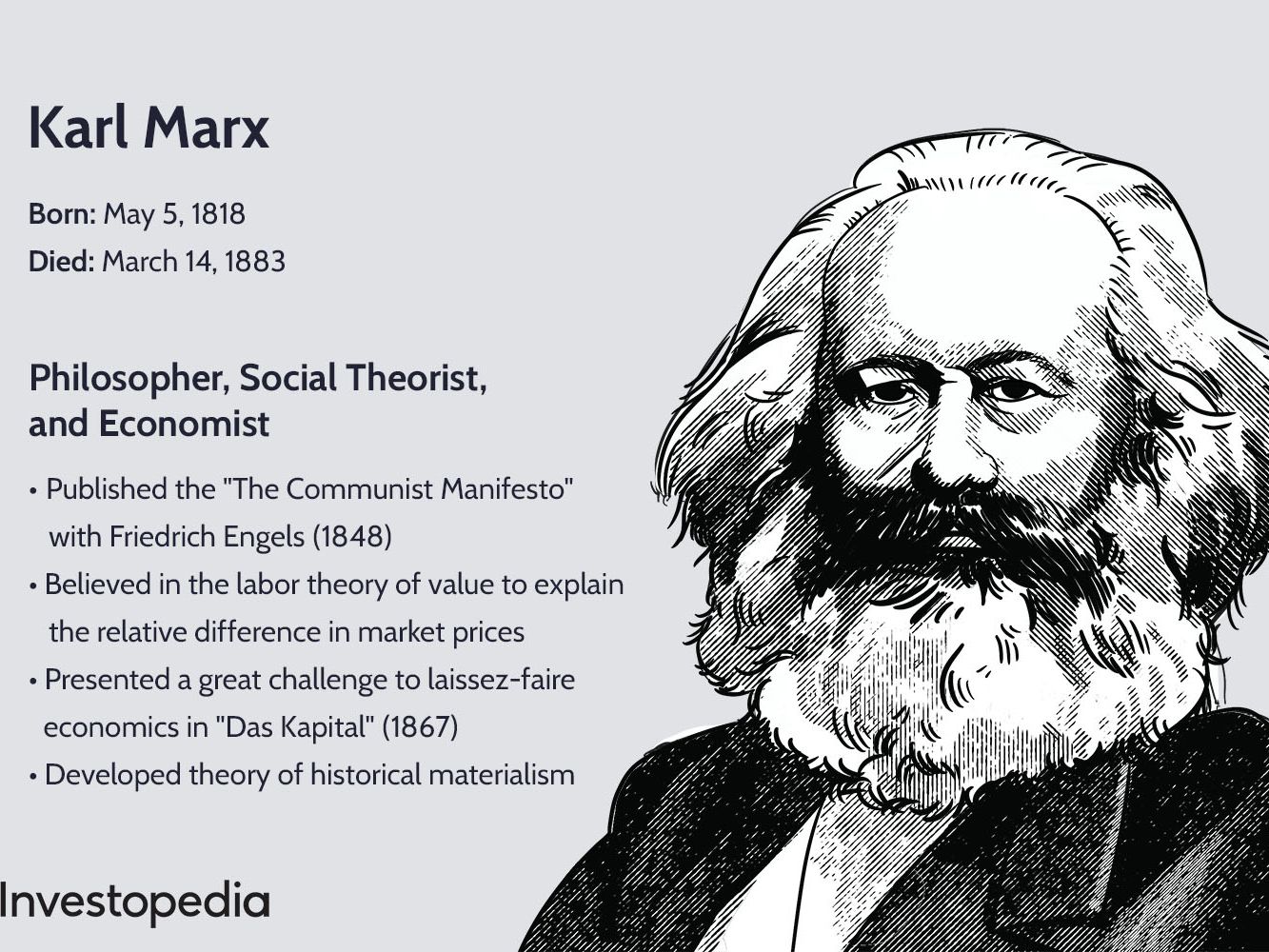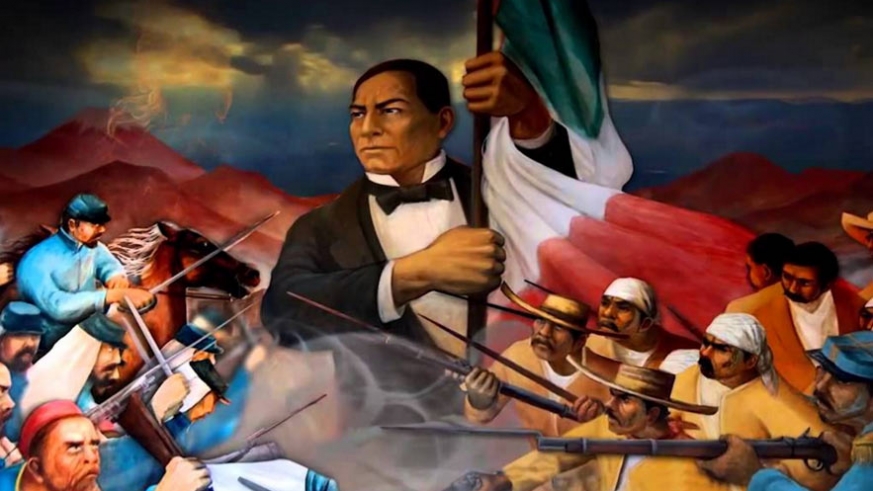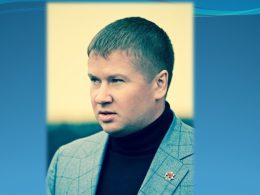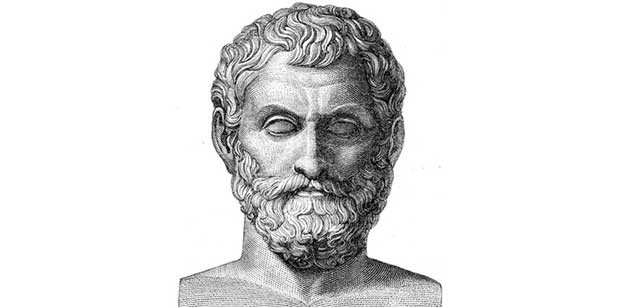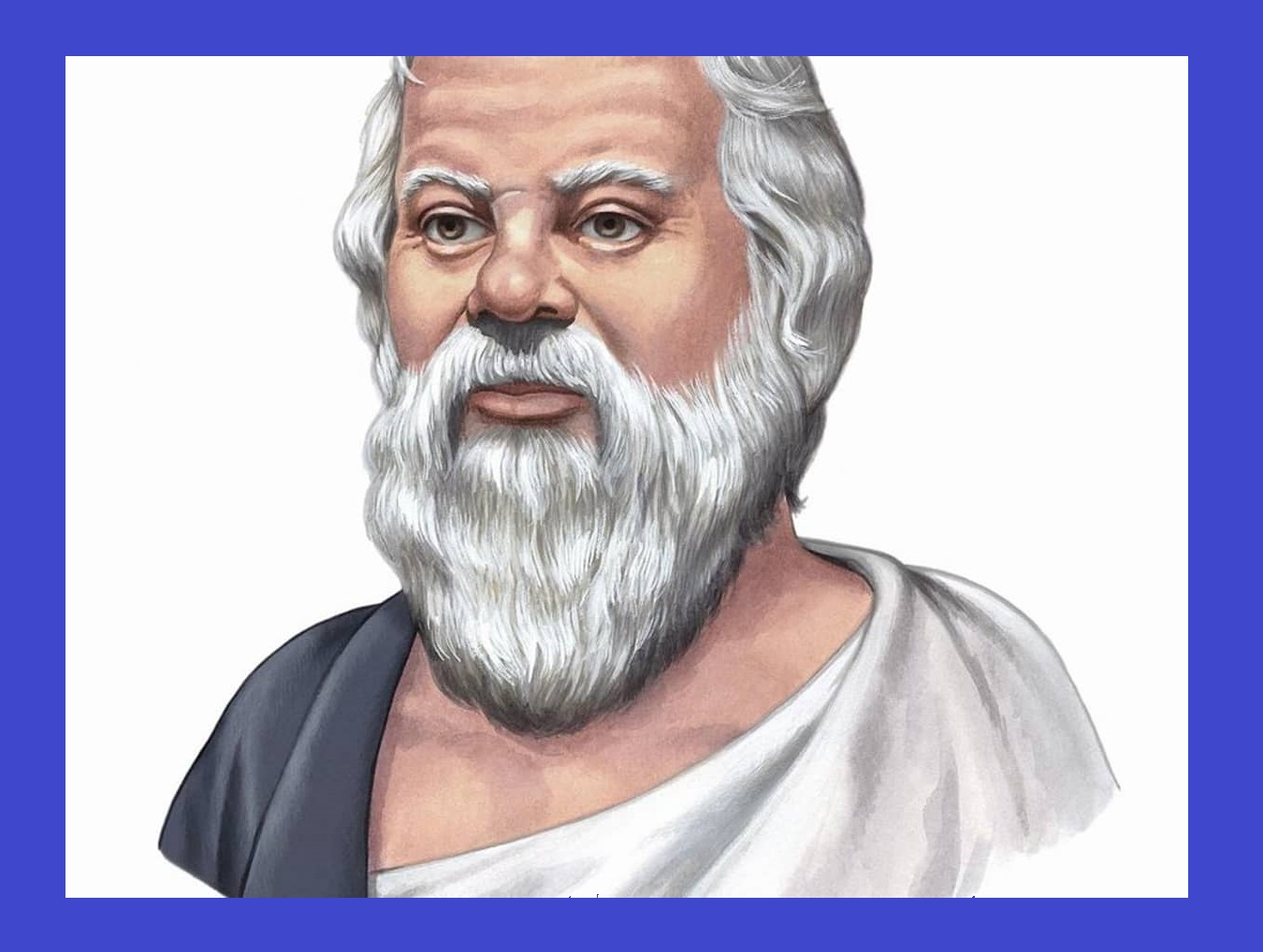Karl Marx
(1818/05/05 – 1883/03/14)
German philosopher and economist
– Democracy is the road to socialism –
- Father of scientific socialism, historical materialism and modern communism.
- Fields: Politics, economics, philosophy, history
- Thought: Surplus value, Labor theory of value, Class struggle, Exploitation of the worker, The materialist conception of history
- Works: Manifesto of the Communist Party, Capital, The Eighteenth Brumaire of Louis Bonaparte
- Parents: Heinrich Marx and Henriette Presburg
- Spouse: Jenny von Westphalen
- Children: Jenny Longuet, Laura Marx, Edgar, Herny Eduard, Fraziska, Frederick Lewis Demuth, Jenny Julia Eleanor
- Name: Karl Marx – Karl Heinrich Marx
- Height: 1.75m
Summary
Considered the father of communism and one of the most influential figures in the history of mankind. Marx’s work was primarily concerned with the critique of capitalism and the analysis of class conflict. In economics he laid the foundations for the current understanding of labor and its relationship to capital. His work has influenced much of subsequent economic thought.
Questions and answers
- Who was Karl Marx?
-German philosopher, economist, historian, sociologist, political theorist, journalist and socialist revolutionary. - What is Karl Marx recognized for?
-The theory of class struggle and historical materialism of Marx has had a great influence, especially in the social sciences. - How many books did Karl Marx write?
-He was the author of several works, but the best known are “Capital” and “The Communist Manifesto” written with Friedrich Engels. - What did Karl Marx die of?
-He died on March 14, 1883, at the age of 64, after suffering from bronchitis and pleurisy that would finally end his life. He was buried in London’s Highgate Cemetery.
“The engine of history is the class struggle”
Karl Marx
Karl Marx was born on May 5, 1818, at 664 Brückergasse in Trier (Trier), a city that was then part of the Kingdom of Prussia (today Germany).
Family
He was the third of nine children born to Henrietta Pressburg and Heinrich Marx, a liberal Jewish lawyer, who converted to Protestantism along with the entire family to circumvent the limitations of anti-Semitic legislation.
Karl was baptized in a Lutheran church in August 1824. His maternal grandfather was a Dutch rabbi, while on his father’s side there were rabbis in Trier from 1723.
Karl became an atheist and a materialist, rejecting both the Christian and Jewish religions. It was Marx himself who coined the aphorism “Religion is the opium of the people.” His parent was the first to receive a secular education; he became a lawyer and was relatively wealthy.
Studies
He received classes from his father until 1830, when he entered the Jesuit gymnasium in Trier , whose director, Hugo Wyttenbach, was a friend of his father. He was excused from military service when he turned eighteen and studied at the universities of Bonn , Berlin and Jena . Marx was short and stocky, with a lot of hair and dark skin, so his family and friends called him Mohr in German, Moro in Spanish.
Engagement And Marriage
In 1836 he became engaged to Jenny von Westphalen , a baroness belonging to the Prussian ruling class sister of the Prussian Minister of the Interior , whom he had known since childhood. Their engagement was socially controversial due to ethnic and class differences. Marx befriended the girl’s father (a liberal aristocrat), and dedicated her doctoral thesis to him. Seven years after her engagement, on June 19, 1843, they were married in a Protestant church in Kreuznach, after the death of her parents, who opposed the relationship.
Journalist
In the year 1842 an article of his was published in the Rheinische Zeitung of Cologne , later becoming editor-in-chief . He got in trouble with the authorities because of his criticism of social and political conditions in his newspaper articles about him and was forced to leave his post at the newspaper in 1843.
Marx and Engels
He moved to Paris from where he was expelled and settled in Brussels where he struck up a lifelong friendship with Frederick Engels . They exchanged thoughts and opinions, reaching the conclusion that they both had the same conception about the nature of revolutionary problems . They worked together in the analysis of the theoretical principles of communism and in the organization of an international movement of workers dedicated to the diffusion of those. They wrote The Holy Family (1845) and The German Ideology (1845-1846) against Feuerbach and the
Left Hegelians for idealists.
He organized and led a network of groups called Committees of Communist Correspondence , established in various European cities. Two years later, Marx and Engels were commissioned to draw up a declaration of principles that would serve to unify all these associations and integrate them into the League of the Just ( Communist League ), thus the Communist Manifesto was born .
The Communist Manifesto
The central propositions of the Manifesto , contributed by Marx, constitute the conception of historical materialism , a conception formulated later in the Critique of Political Economy (1859). In these theses, the dominant economic system in each historical period is presented, by which the vital needs of individuals are satisfied. This determines the social structure and the political and intellectual superstructure of each period. Thus, the history of society is the history of the struggles between the exploiters and the exploited . After the publication of the Manifesto, revolutionary processes
broke out(the revolutions of 1848) in France, Germany and the Austrian Empire and was expelled from Belgium. He returned to Paris and then to the Rhineland . He founded and edited in Cologne a communist publication , the Neue Rheinische Zeitung ( New Rhenish Gazette ), and collaborated in organizing activities of workers’ groups.
In 1849 he was arrested and tried on charges of inciting armed rebellion . He was acquitted, but was expelled from Germany and the magazine was closed. Some time later the French authorities also forced him to leave the country and he moved to London , where he remained for the rest of his days.
Capital
He elaborated several works that were constituting the doctrinal base of the communist theory , among them is his most important essay, Capital (volume 1, 1867; volumes 2 and 3, edited by Engels and published posthumously in 1885 and 1894, respectively ), a detailed historical analysis of the economy of the capitalist system , in which he developed the following theory: the working class is exploited by the capitalist class as the latter appropriates the ‘ surplus value ‘ ( surplus value ) produced by the former.
Other works
His second work, The Civil War in France (1871), analyzed the experience of the French revolutionary government ( the Paris Commune ), established in this city during the Franco-Prussian War . He interpreted its creation and existence as historical confirmation of the need for the workers to seize power through armed insurrection and destroy the capitalist state .
He developed the theory in Criticism of the Gotha program(1875) in the following terms: “Between the capitalist and communist systems is the period of revolutionary transformation from one to the other. This phase corresponds to a transition period, whose state cannot be other than the revolutionary dictatorship of the proletariat.”
In addition, he wrote chronicles on social and political events for newspapers in Europe and the United States, including several articles on the ‘ liberal revolutions ‘ in Spain and Hispanic America.
He worked as a correspondent for the New York Tribune from 1852 to 1861 and wrote several articles for the New American Cyclopedia .
I International
In 1852 the Communist League was dissolved and he contacted hundreds of revolutionaries in order to create another organization with the same ideology. His efforts and those of his collaborators culminated in 1864 with the founding in London of the First International . He gave the inaugural speech, wrote its statutes and later directed the work of its General Council (governing body), overcoming criticism from the anarchist Mikhail Bakunin supporter group . When the Paris Commune, in which members of the First International had participated, was eliminated, the influence of this organization diminished and he recommended moving its headquarters to the United States .
Sons
Marx and Jenny von Westphalen had seven children, but due to the poor conditions in which they lived in London, only three of them survived to adulthood. Eleonora Marx was part of the feminist movement ; Laura Marx , married the French socialist leader Paul Lafargue , and committed suicide with him in 1911. Marx is also said to have fathered another son, Freddy, out of her marriage to her housekeeper, Helene Demuth.
Last years
During the last two decades of his life he battled physical ailments that prevented him from working on his political and literary works. He suffered from liver disorder; carbuncle outbreaks, boils on his neck, chest, back, and buttocks (he often couldn’t sit up); toothaches; eye inflammations; lung abscesses; hemorrhoids; pleurisy; persistent headaches and cough, which made it impossible for him to sleep without drugs.
Death
Following the death of his wife from cancer on December 2, 1881, Marx developed a cold that caused poor health for his last 15 months, led to bronchitis, and then suffered pleurisy that would finally end his life on March 14. 1883 in London , when he was 64 years old.
She died stateless and her body was buried in Highgate Cemetery, London, on March 17, 1883.
Recapitulation
- One of the founders of socialism and communism.
- His ideas played an important role in the development of the social sciences and the socialist political movement.
- He published numerous books during his lifetime, the most notable being The Communist Manifesto (1848), alongside Friedrich Engels and Das Kapital (1867-1883).
- The Manifesto called for the overthrow of the bourgeoisie, or the middle class, and the establishment of a classless society.
- He coined the aphorism “Religion is the opium of the people.”
Did you know…
Poverty
He used a false name to hide from creditors. On one occasion his wife Jenny had to pawn her pants to buy food.
Plays
Scorpion and Felix (1837)
Difference between Democritus and Epicurus’ Philosophy of Nature (1841)
Critique of Hegel’s Philosophy of Right (1843)
On the Jewish Question (1843)
Notes on James Mill (1844)
Economic and (1844)
Thesis on Feuerbach (1845)
The Poverty of Philosophy (1847)
Wage Labor and Capital (1847)
Class Struggles in France from 1848 to 1850 (1850)
The 18th Brumaire of Louis Bonaparte (1852)
Grundrisse or Elements Fundamentals for the Critique of Political Economy (1857)
Preface to A Contribution to the Critique of Political Economy (1859)
Theories Concerning Surplus Value (1862)
Wage, Price and Profit (1865)
Capital, Volume I (1867)
The Civil War in France (1871)
Critique of the Gotha Program (1875)
Notes on Wagner (1880)
With Engels
The German Ideology (1845)
The Holy Family ( 1845)
Communist Manifesto (1848)
The Civil War in the United States (1861)
Capital, Volume II (1885)
Capital, Volume III (1894)




